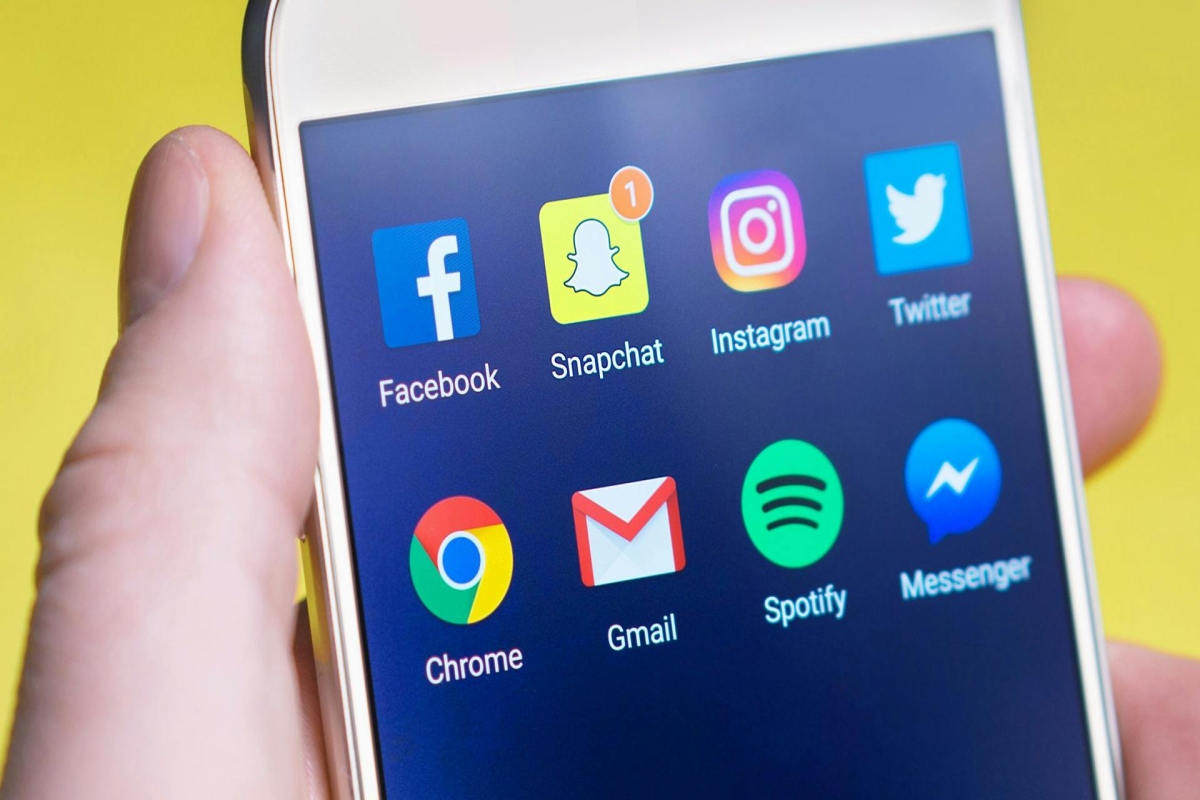The next decade will bring groundbreaking advancements in app design and development, driven by AI, AR/VR, blockchain, and hyper-personalization.
As digital experiences become more immersive, businesses must embrace emerging technologies to stay competitive. AI-driven user interactions, predictive performance marketing, and decentralized security solutions will redefine how apps engage users, retain customers, and drive business growth.
At X-Y, we help brands navigate these shifts by integrating cutting-edge technology into scalable, future-proof app solutions.
Key Predictions for App Development in the Next 5-10 Years
1. AI-Powered Hyper-Personalization & Predictive Performance Marketing
AI will take app personalization to new heights, offering real-time adjustments based on user behavior, preferences, and predictive analytics.
✔ AI-driven content & UI adaptation: Apps will dynamically adjust layout, features, and recommendations based on user interactions.
✔ Predictive performance marketing: AI will analyze behavioral data to deliver hyper-targeted promotions and push notifications.
✔ Automated personalization engines: Apps will tailor experiences in real time, increasing engagement and conversion rates.
💡 Example: A fitness app uses AI to analyze user workout habits, offering custom routines, nutrition plans, and real-time motivational messages.
2. AR/VR-Integrated App Experiences
Augmented reality (AR) and virtual reality (VR) will become mainstream, offering more immersive and interactive app experiences.
✔ AR-powered shopping experiences: Users will virtually try on clothes, preview furniture in their homes, or test beauty products.
✔ VR-driven engagement: Industries like real estate, travel, and education will leverage VR apps for virtual tours and training simulations.
✔ Blended physical & digital experiences: AR/VR will enhance gaming, social media, and entertainment apps.
💡 Example: A real estate app allows users to take immersive 3D property tours from their phones, complete with AI-generated virtual guides.
3. Blockchain for Security, Payments & Decentralization
Blockchain will enhance security, digital identity verification, and in-app transactions.
✔ Decentralized data security: Apps will leverage blockchain for tamper-proof data storage and privacy protection.
✔ Cryptocurrency & smart contracts: In-app purchases and digital transactions will become more secure and efficient.
✔ NFTs & digital ownership: Apps will enable users to own, trade, and verify digital assets seamlessly.
💡 Example: A music streaming app allows artists to sell exclusive NFT-based content, granting fans unique ownership rights.
4. No-Code & Low-Code Development for Rapid Innovation
The future of app development will prioritize speed and accessibility, enabling businesses to launch apps faster with minimal coding.
✔ AI-assisted app builders: AI will streamline app development, automating design, testing, and optimization.
✔ Democratization of app creation: Businesses without in-house developers will build functional, scalable apps with drag-and-drop platforms.
✔ Faster iterations & updates: Continuous improvement cycles will allow businesses to adapt their apps based on real-time user feedback.
💡 Example: A startup uses an AI-powered no-code platform to create an MVP app in weeks, testing its market viability before full-scale development.
5. Voice-First & Multimodal Interfaces
Voice assistants and multimodal interactions will redefine how users engage with apps.
✔ Voice-powered search & commands: Users will interact with apps hands-free using natural language processing (NLP).
✔ Context-aware AI assistants: Apps will understand user intent and provide instant, personalized assistance.
✔ Seamless cross-device experiences: Apps will integrate voice, touch, and gestures for a frictionless UX.
💡 Example: A productivity app integrates AI-driven voice commands, allowing users to schedule meetings, set reminders, and automate tasks using voice.
6. Super Apps & Ecosystem Expansion
The next decade will see the rise of super apps—platforms that integrate multiple services within a single ecosystem.
✔ All-in-one digital solutions: Banking, shopping, messaging, and entertainment will merge into unified apps.
✔ Cross-industry partnerships: Businesses will collaborate to expand app functionalities and user reach.
✔ Enhanced user retention: Super apps will reduce app-switching friction and keep users engaged longer.
💡 Example: A travel super app combines flight bookings, hotel reservations, local experiences, and ride-hailing services within one seamless platform.
How Businesses Can Future-Proof Their Apps
To stay ahead in the evolving digital landscape, businesses must:
✔ Invest in AI & automation: Leverage AI-driven personalization and predictive analytics for enhanced user engagement.
✔ Embrace immersive experiences: Explore AR/VR and voice technology to create interactive, next-gen apps.
✔ Enhance security with blockchain: Implement decentralized solutions for data privacy and secure transactions.
✔ Adopt agile, scalable development: Use no-code/low-code platforms for rapid app iteration and deployment.
✔ Focus on ecosystem integration: Build apps that connect seamlessly with third-party services and emerging super apps.
Stay Ahead with X-Y’s Future-Ready App Solutions
At X-Y, we combine cutting-edge AI, creative UX design, and performance marketing to develop apps that define the future. Whether you’re looking to innovate with AI-powered experiences, integrate AR/VR, or optimize user engagement with predictive marketing, we ensure your app is built for long-term success.
Let’s shape the future of app development together - contact X-Y today.







